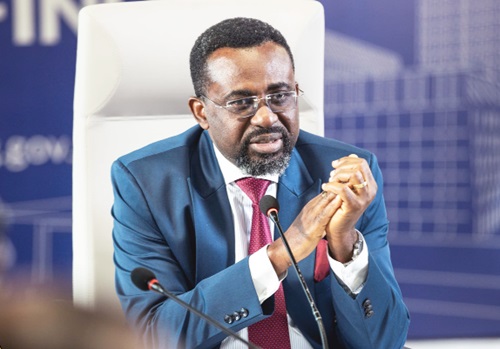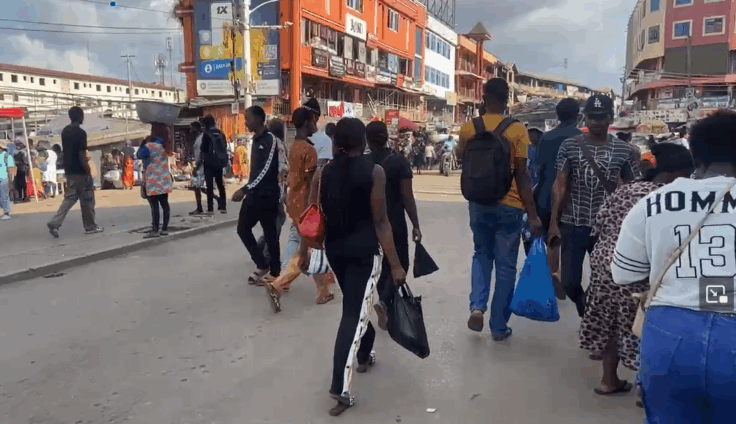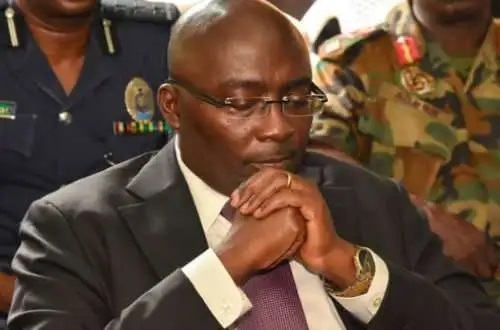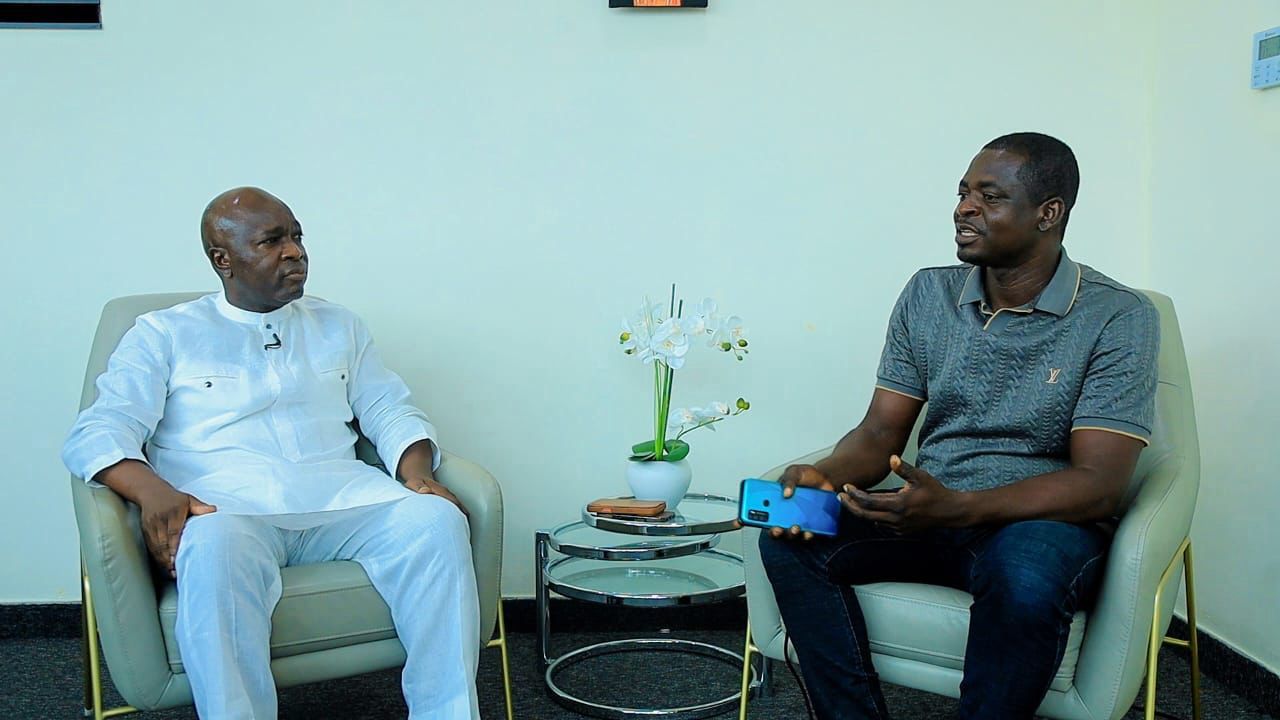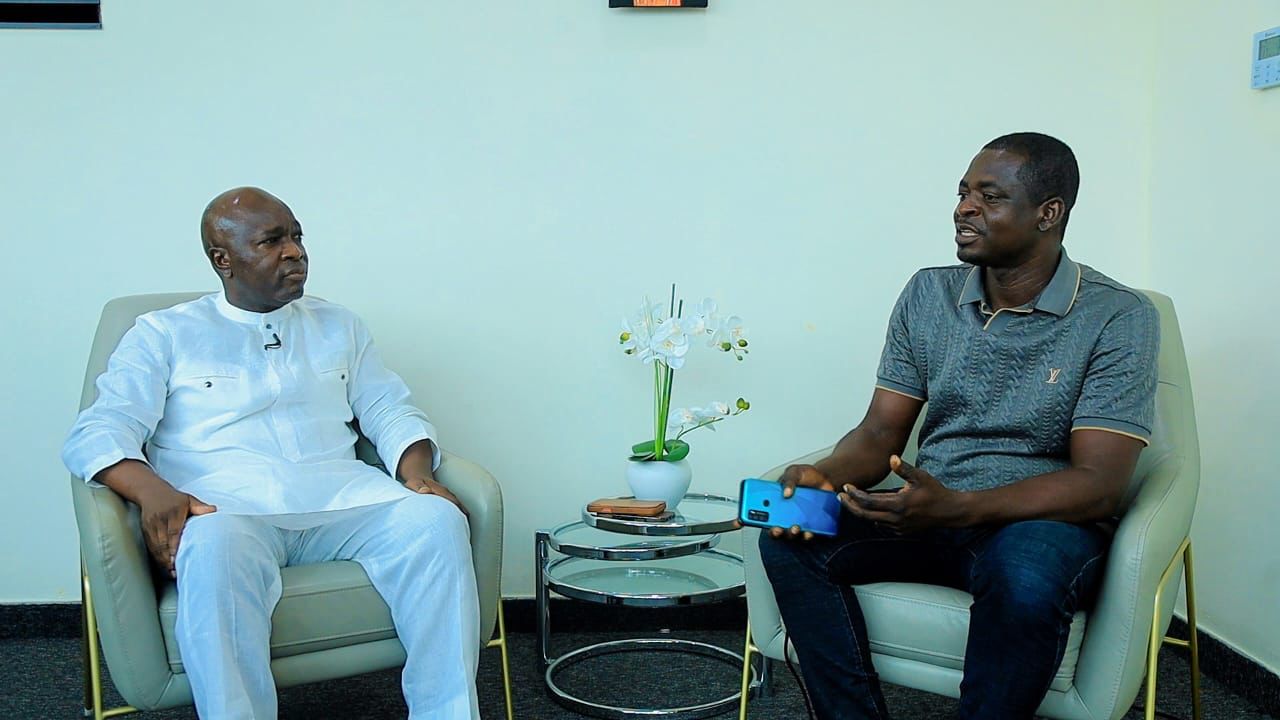The Monetary Policy Committee (MPC) of the Bank of Ghana has lowered the policy rate by 350 basis points, bringing it down to 21.5% from 25%.
Governor of the central bank, Dr. Johnson Asiama, announced the decision after the MPC’s 126th meeting on Wednesday, September 17, 2025. He explained that the committee anticipates inflation to ease further by the end of the fourth quarter.
“The view of the committee was that inflation will continue to ease in the near term. In the outlook, headline inflation is expected to drop within the medium-term target band of 8 percent, plus or minus 2, by the end of the fourth quarter,” Dr. Asiama stated.
According to him, the reduction in the policy rate reflects confidence in ongoing disinflation efforts, though risks remain. He cautioned that a possible upward adjustment of utility tariffs could create fresh price pressures. The Electricity Company of Ghana (ECG) has already submitted a proposal to the Public Utilities Regulatory Commission (PURC) seeking a 225% increase in its Distribution Service Charge.
Despite this risk, Dr. Asiama said a majority of the committee members voted in favor of reducing the policy rate, emphasizing that the MPC will continue to monitor economic conditions and take necessary actions to sustain the disinflation process.
Cedi Remains Strong
On currency stability, the Governor highlighted the resilience of the Ghana cedi, describing it as one of the strongest currencies globally so far in 2025.
“This reflects prudent monetary policy, effective liquidity management, fiscal consolidation, and increased foreign exchange inflows,” he noted.
Dr. Asiama added that the Bank of Ghana remains committed to closely monitoring exchange rate dynamics while implementing regulatory measures to maintain stability in the foreign exchange market.



